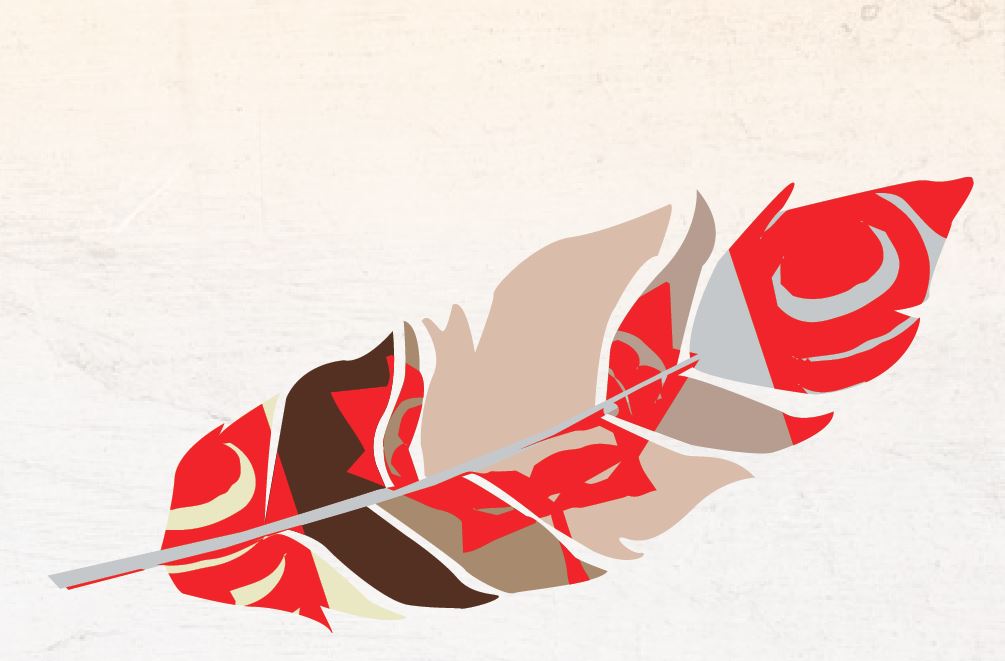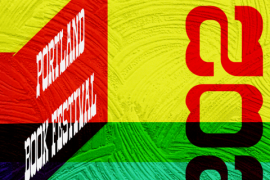By the time European powers met for the 1884 Berlin conference intending to establish official European ownership of African lands, a centuries-long story of cultural, religious, and political oppression had already unfolded. Today, 54 African nations have gained formal independence, but these nations still face the effects of both colonization and the difficult process of decolonization, the consequences of which have amalgamated into a common story we in the United States often hear about Africa: the story of a continent crippled by disease, war, famine, and poverty. These are real struggles faced by many African nations—just as they are faced by many nations in the Americas—but when this story becomes the most common (or the only) story we hear, we risk falling into what Nigerian writer Chimamanda Ngozi Adichie calls “the danger of the single story.” But what is the danger of a single story?
Stories are not only how we understand and explore our worlds, but also how we change and reinvent them. Most everything we do and most everything we are is a kind of story. How many different histories, experiences, and identities (in other words: stories) comprise a single individual? Could a single description ever accurately portray any one person? Impossible. And if no one person could ever be confined to a single story, how can we confine a continent comprised of over 50 unique countries and over 1,500 living languages into a single, 30-second “African children are starving so please send your money now” advertisement? We can’t. And accepting that Africa must have countless stories to tell opens up new freedoms for us to find stories that captivate and inspire; stories that we in the U.S. have been missing. But where do we find these stories? And why should we be interested in them at all?
Many African nations produce films and literature at rates rivaling rates in the U.S. The film industries in Africa are incredibly popular across the continent; so much so that Africa has its own version of The Academy Awards. Furthermore, second only to Hollywood, the Nigerian film industry known as “Nollywood” is the largest producer of films in the world. And the movies being produced across the continent run the complete spectrum of blockbusters, art house films, and so-bad-they’re-good B-movies. It’s a shame that the United States is hardly exposed to these contributors of cinematic art, especially since it is such a cinema-loving nation. It’s understandable why Hollywood and other film industries would ignore the success of a potentially huge competitor, but it’s doubtful that this is the whole story behind our underexposure to African produced films. Let’s be honest with ourselves and admit that, having too often been exposed to that single story of “poor Africa,” the idea that Africa could have several booming film industries was so unexpected that we simply never thought to look.
And film is not the only major medium of African-based storytellers. Africa has become a melting pot of literary genres and styles, creating a fascinating literary landscape that any avid reader would be fortunate to explore. Take, for example, Kenyan writer Ngũgĩ wa Thiong’o’s 1977 novel “Petals of Blood.” “Petals of Blood” is a wonderful introduction to literature from Africa, because it’s not only a well crafted blend of several different storytelling methods, it’s also a novel that anticipates the issues of gender, environment, religion, and politics that we struggle with today. This novel may be 40 years old, but it remains prophetically relevant. But don’t be deceived by a recommendation for an older book; African writers have not disappeared, and a quick Google search will show how prolific books from Africa are. Truthfully, these books can be difficult to obtain in the U.S, because literature from Africa, like the film industries, is shamefully underrepresented in this country. It’s easy, and accurate, to blame some of this underrepresentation on U.S. publishing houses, but this underrepresentation also happens in part because we, despite our best efforts, still think of literature as something inherently Eurocentric. We fail to move beyond this misguided belief because we don’t expect Africa to be a literary place. I admit to being guilty of this. But looking beyond my own misinformed notions about fiction from Africa—particularly the notion that it barely existed—has been a rewarding experience.
To put it bluntly, these are good stories. They’re entertaining and engaging and thought provoking, and that should be enough to explain why we should seek out stories from Africa. But if that alone isn’t enough, we should seek out these stories because, just as Americans deserve to tell our stories, the diverse countries and peoples that comprise Africa deserve to tell their stories. The prevalence of African stories is not a new phenomenon. Despite attempts by colonizers to write African history as beginning with “civilization” being brought to Africa, many African nations have mythologies that predate these so called civilizers by thousands of years. Storytelling is a central aspect of many African peoples, just as it is a central aspect of peoples all around the globe. And that’s one of the most significant benefits to be gained by venturing beyond our own stories: we’ll often find that, despite the obvious differences, we are more alike than we first realized. Exactly like those of us in the United States, people from African countries are smart, funny, love-sick, neurotic, timid, pompous, creative, and most importantly, human. The danger in accepting only a single story is that we are robbed of all the other stories that make people so complex, entertaining, and interesting. African nations are telling their stories—why wouldn’t we want to listen in?
This article originally appeared in the print edition of our March 2018, issue.





